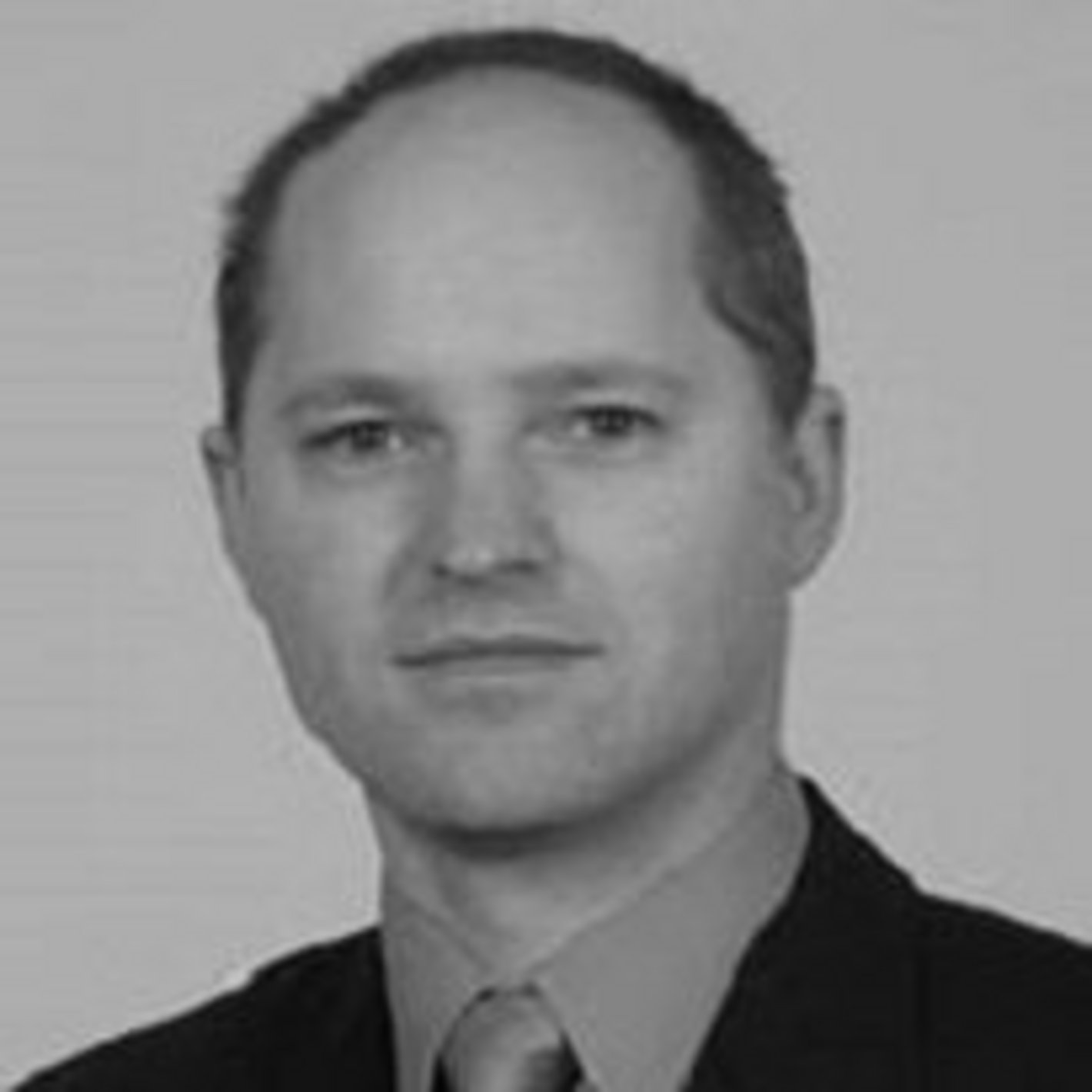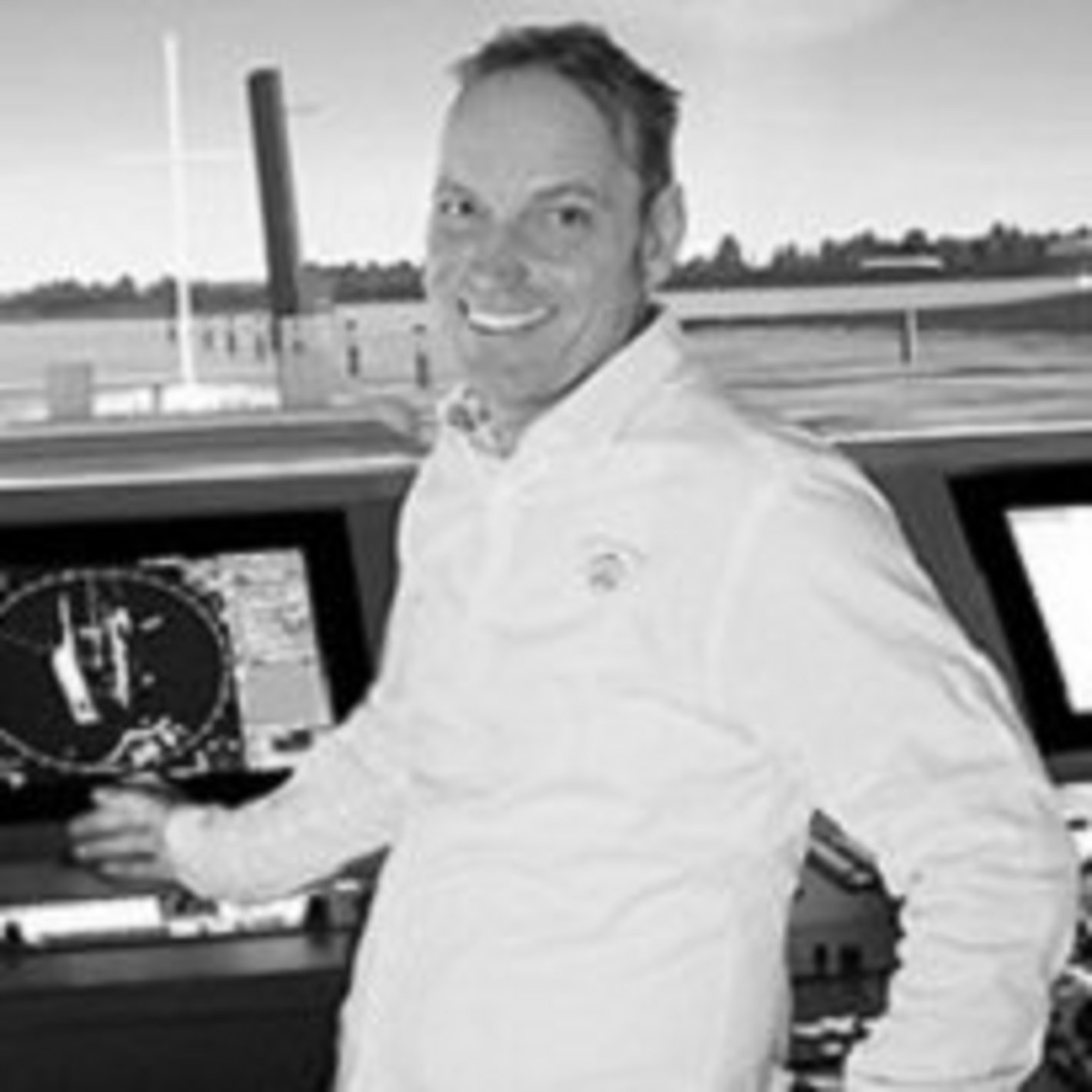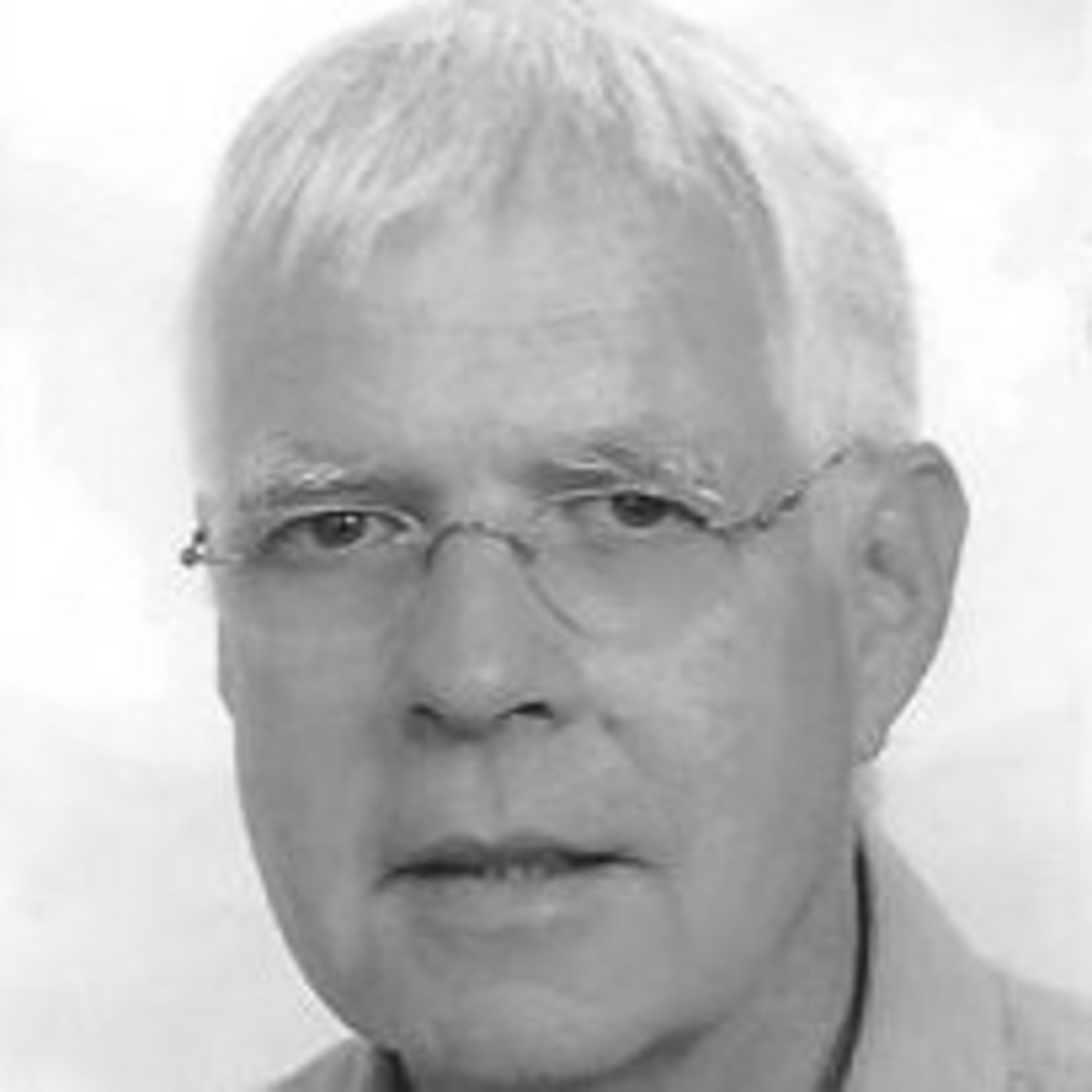-
Prospective Students
-
Current Students
-
Faculties
-
Maritime Sciences
-
Social Work and Health
- Insight the Faculty
- Contact
- Erstsemesterinformationen
- International
-
Forschung
- Institute
- Laboratory
-
Projects
- COVID
- EBBiK - Entwicklung von Bildfähigkeit als Bildungsauftrag
- Familienzentrum Aurich (FamZ)
- Kombi-Nord
- Kommunale Suchtprävention in der Satdt Delmenhorst
- Kommunales Teilhabekonzept für die Stadt Emden
- REFU
- Sociotechnical Practices of Objectivation
- Suchtpräventionskonzept des Landes Niedersachsen
- Suchtprävention in Schulen (SiS)
- Wer nicht fragt, geht offline: Kids as digital citizens
- Werkstatt für Praxisforschung
- WOGO
- WOGE
-
Team
- Hilfen zum Studium
- Praxisreferat
-
Study Programs Social Work and Health
-
Technology
- Current topics
- Contact
- Study
- Research
-
Projects
-
Laboratories
- Additive Fertigung
- Denkraum
- Designlabor
- FabLab - Labor für studentische Projekte
- Automation Systems
- Bioverfahrenstechnik
- Biochemie/Molekulare Genetik
- Innovationen im Ingenieurwesen
- Instrumentelle Analytik
- Intelligente Produktionssysteme
- Kolbenmaschinen
- Maschinendynamik
- Leichtbaulabor
- Maschinenelemente
- Mechatronik
- Mikrobiologie
- Organische Chemie/Nachwachsende Rohstoffe
- Physikalische Chemie
- Polymere
- Lab for production planning
- Produktionstechnik
- Networked Systems
- Regelungstechnik
- Regenerative Energien
- Labor S4
- Technische Informatik
- Verfahrenstechnik
- Werkstoffkunde, Laser- und Fügetechnik
- wind energy lab
- Zellkulturtechnik
- Research / Institutes
- Insight the Faculty
-
Study Programs
- Applied Life Sciences (Master)
- Biotechnology
- Biotechnologie im Praxisverbund
- Business Intelligence and Data Analytics
- Chemical Engineering/Environmental Technology
- Chemietechnik im Praxisverbund
- Electrical Engineering
- Electrical Engineering (Dual Study)
- Engineering Physics
- Engineering Physics (Master)
- Renewable Energy and Energy Efficiency
- Industrial Informatics (Master)
- Computer Science
- Computer Science (Dual Study)
- Mechanical Engineering and Industrial Design
- Mechanical Engineering and Industrial Design (dual degree course)
- Mechanical Engineering (Master)
- Medieninformatik (Online)
- Medieninformatik (Online, Master)
- Media Technology
- New study program page NaPriMa
- Nachhaltige Prozesstechnologie
- Nachhaltige Prozesstechnologie (PV)
- Wirtschaftsinformatik (Online)
- Regenerative Energien (Online)
- Technical Management
- Technology of Circular Economy
- Computer Science and Economics
- Wirtschaftsingenieurwesen – Engineering & Management
-
Business Studies
- Module manuals, regulations & preliminary work
- News, dates & information about the current semester
- Projects & Research
-
Courses of studies
- Business Management (M. A.)
- Energy & Sustainability Management (B. Sc.)
- Digital Management (B. Sc.)
- Business Management - BWL (B. A.)
- International Business & Culture (B. A.)
- Betriebswirtschaft dual (B.A.)
- Business Studies (B. A.)
- business psychology
- International Business Administration (B.A. )
- Advanced Management berufsbegleitend (M. Sc.)
- Advanced Management Stipendium
- Management Consulting (M.A.)
- Business Informatics (Online)
- Team
- Before your studies
- Graduates & Alumni
-
In studies
-
International Faculty Office for Business Studies
- International Partner Universities Erasmus+
- International partner universities
- Voraussetzungen und Vorbereitung
- [Translate to english:] Bewerbung für Auslandsaufenthalte an Partnerhochschulen in Europa
- Bewerbung außereuropäische Partnerhochschulen
- Anerkennung von Leistungen aus dem Ausland
- Finanzielle Unterstützung
- Erfahrungsberichte
- Application Incomings
- English Programme
- FAQ
- Praxisphase
- Examination board
- Servicebüro
- Software-Tool für Studierende
-
International Faculty Office for Business Studies
- Information for schools
-
Maritime Sciences
- Studium
- Services
- International campus
-
Life on campus
-
Faculties
-
QuickLinks
-
University of Applied Sciences
-
Für Unternehmen
-
Centre for further education
- Übersicht
-
Weiterbildungen
- Burnout-Prophylaxe
- Cybercrime
- Gamification für Businesstransformation
- Business Basics for School
- Sustain 2030
- Lean Management
- „Nordbeat–der Norden macht Zukunft:Tag der Weiterbildung
- Business 2 Business - 5.0
- Betrieblicher Gesundheitsmanager in BPS
- Programmieren mit Scratch
- Cyber-Security Hacking Training
- Konfiguration mit Sidekick -Humanisierung der KI
- Kommunikation, Wertschätzung und Selbstmanagement
- Konflikt-Kommunikation
- Kommunikation und Gesprächsführung:Konflikt-Kommunikation
- Kommunikation & Zusammenarbeit
- Humor in der Beratung
- Kundenzentrierung-Customer Centricity für KMU & Start-UP
- Nachhaltigkeitsberichterstattung
- Gewaltfreie Kommunikation
- Casemanagement im Praxisalltag
- Trauma-Pädagogik
- Reflexionstag
- Outdoor-Erlebnis
- Finance for non-finance
- Management-Essentials: Gamification für BWL-Einsteigende
- Marketing Praxiswerkstatt
- Software Development
- Einführung in die Produktionstechnologie
- Traumaberatung
- Systemische Beratung und Coaching
- Windenergie-Nutzung
- The region in focus
- press
-
Organization
-
Departments A-Z
- Workplace Safety
-
University Library
-
CampusDidaktik
- Team CampusDidaktik
- Q&A
- Positionspapiere
- Tools für Lehre und Zusammenarbeit
- Moodle
- Impulse und Inspiration für die Lehre
- Kleingruppenarbeit begleiten
- Urheberrecht in der Lehre
- KI in der Hochschullehre
- Hybride Lehre
- Barrierefreiheit in der Lehre
- Planspielzentrum
- Digitale Prüfungen
- Didaktische Beratung
- Career Service
- Datenschutz
- Finanzabteilung
- Gebäudemanagement
-
Gleichstellungsstelle
- Planning and Quality Assurance
- health & sports
-
Admission and Examination Office
-
International Office
- Your way abroad
-
International Students
- German Classes
- FAQ incoming students
- degree-seeking students
- Exchange Students / ERASMUS+
- Housing
- Buddy-Program for International Students
- International Sustainability Program
- Living Expenses
- Scholarships
- Visa
- Health Insurance and Co.
- Studying with Impairment (Inclusion and Accessibility)
- Internships & Jobmarket
- Event notes
- Internationalization at home university
- Partner Universities
- Staff Mobility
- Contact & Download Area
- Allgemeines über ERASMUS+ Programm
- Kommunikation und Hochschulkultur
- MeerCommunity Startup Center
-
Sustainability
- Ombudswesen
-
Personalabteilung
- Staff Council
- Präsidialbüro/Presse- und Öffentlichkeitsarbeit
- Computer Center
- Language Centre
- Studium Generale
- MyCampus
- Wissens- und Technologietransfer
-
Student Counselling Service
- [Translate to english:] Operating group ver.di
- Zentrum für Weiterbildung
- Karriere
- Administration
- Events
- Mission statement
- Organizational chart
- Figures, data and facts
-
Regulations, guidelines and announcements
- Regulations and rules
-
Ordnungen für Studiengänge
- Advanced Management
- Applied Life Sciences
- Betriebswirtschaft
- Betriebswirtschaft (dual)
- Biotechnologie/Bioinformatik
- Biotechnologie
- Biotechnologie im Praxisverbund
- Business Administration (dual)
- Business Intelligence and Data Analytics
- Business Management
- Business Management (Bachelor)
- Chemietechnik/Umwelttechnik
- Chemietechnik im Praxisverbund
- Digital Management
- Elektrotechnik
- Elektrotechnik im Praxisverbund
- Elektrotechnik und Automatisierungstechnik
- Energieeffizienz
- Energy and Sustainability Management
- Engineering Physics (Bachelor)
- Engineering Physics im Praxisverbund
- Engineering Physics (Master)
- Erneuerbare Energien und Energieeffizienz
- Industrial Informatics
- Informatik
- Informatik im Praxisverbund
- Inklusive Frühpädagogik
- Interdisziplinäre Physiotherapie/Motologie/Ergotherapie
- International Business Administration
- Internationaler Studiengang Wirtschaftsingenieurwesen (IBS)
- International Business and Culture
- Kindheitspädagogik
- Lasertechnik
- Management Consulting
- Maritime Operations
- Maritime Technology and Shipping Management
- Maschinenbau
- Maschinenbau und Design
- Maschinenbau und Design für Berufsqualifizierte
- Maschinenbau und Design im Praxisverbund
- Medientechnik
- Nachhaltige Produktentwicklung im Maschinenbau
- Nachhaltige Prozesstechnologie
- Nachhaltige Prozesstechnologie im Praxisverbund
- Nautik
- Nautik und Seeverkehr
- Online-Bachelorstudiengang Medieninformatik (Voll-/Teilzeit)
- Online-Masterstudiengang Medieninformatik (Voll-/Teilzeit)
- Online-Bachelorstudiengang Regenerative Energien
- Online-Bachelorstudiengang Wirtschaftsinformatik (Voll-/Teilzeit)
- Online-Masterstudiengang Wirtschaftsinformatik
- Physiotherapie
- Schiffs- und Reedereimanagement
- Soziale Arbeit
- Soziale Arbeit (BASA-online)
- Soziale Arbeit und Gesundheit im Kontext sozialer Kohäsion (Vollzeit/Teilzeit)
- Soziale Kohäsion im Kontext Sozialer Arbeit u. Gesundheit
- Sozial- und Gesundheitsmanagement
- Sozialmanagement
- Sustainable Energy Systems
- Technical Management
- Technology of Circular Economy
- Wirtschaftsinformatik (Dual)
- Wirtschaftsingenieurwesen Maritime Wissenschaften (B.Sc.)
- Wirtschaftsingenieurwesen - Engineering & Management
- Wirtschaftspsychologie
- Verkündungsblätter
- Committees
- University representatives
- University elections
-
Departments A-Z
- Study locations
-
Für Unternehmen
-
Research
-
Focuses
- Research strategy
- Forschungsschwerpunkte
-
Forschende
- Seefahrt und Maritime Wissenschaften
- Soziale Arbeit und Gesundheit
-
Wirtschaft
- Prof. Dr. Knut Henkel
- Prof. Dr. Tom Koch
- Prof Dr. Ute Gündling
- Prof Dr. Annika Wolf
- Prof. Dr. Jan Handzlik
- Prof. Dr. Hans-Gert Vogel
- Prof. Dr. Till Becker
- Prof. Dr. Henning Hummels
- Prof. Dr. Thomas Lenz
- Prof. Dr. Wolfgang Portisch
- Prof. Dr. Jan Christopher Pries
- Prof. Dr. Ute Rademacher
- Prof. Dr. Marco Rimkus
- Prof. Dr. Eva-Maria Schön
- Prof. Dr. Joachim Schwarz
- Technik - Elektrotechnik + Informatik
- Technik - Maschinenbau
-
Technik - Naturwissenschaftliche Technik
- Prof. Dr. Gerhard Illing
- Prof. Dr. Gottfried Walker
- Prof. Dr. Ingo de Vries
- Prof. Dr. Mark Rüsch gen. Klaas
- Prof. Dr. Jens Hüppmeier
- Prof. Dr. Iván Herráez
- Prof. Dr. Ralf Habermann
- Dr. Julia Jessica Reimer
- Prof. Dr. Claudia Gallert
- Prof. Dr.-Ing. Philipp Huke
- Prof. Dr. Martin Silies
- Prof. Dr. Martin Sohn
- Prof. Dr. Sven Steinigeweg
- Prof. Dr. habil. Ulrich Teubner
- Folgeabschätzung und Ethik
- Promotionen
- Leitbild Existenzgründung
- Nachhaltigkeit in der Forschung
-
Projects
-
Aktuelle Projekte
- Adaptive Fortbildungen in der medienpädagogischen Altenbi
- AnkerPROF
- Biotech Talent Unlocked
- BUFFER+
- CargoTube operation facility
- EARLY
- Entwicklung eines Reinigungsroboters für Offshore-WKA
- FlettnerFLEET
- GE-VORS
- GG-Check
- HyLab
- Hyper4Rail
- InnoWerft
- Integrierte und innovative maritime Technologien für Mobi
- Kipti
- MAVERIC 5G
- Meer-O - Mehr Entrepreneurinnen für Emden und die Region
- MIINTER
- Nordwest Niedersachsen Nachhaltig Neu (4N)
- PANTHER
- Professorinnenprogramm III
- ProlOg
- RASANT
- ReqET
- SIoT-Gateway
- SoWeKi
- Standardisierung, Weiterentwicklung und Kommunikation von
- tubLANQ.0
- Transferzentrum für Nachhaltige Mobilität
- TwinMaP
- Wind & Regio
- W4S - Wind4Shipping
- WaddenVision
- Wissenschaftliche Begleitung Strukturwandel Ostfriesland
- Zukunftslabor Produktion
- Projekte nach Bereichen
- Beendete Projekte
-
Aktuelle Projekte
-
Research institutes
- Promotionskollegien
-
Institute
-
Netzwerke
- Nationalpark Wattenmeer
- Promotionsnetzwerk Emden/Leer
- Digital Hub Ostfriesland (DHO)
- Tötungshandlungen in Einrichtungen des Gesundheitswesens
- Wachstumsregion Emsachse
- Maritimes Kompetenzzentrum (Mariko)
- greentech Ostfriesland
- NorShiP-Research School
- Association of Schools of Public Health
- Hochschulen für Gesundheit
- Deutsche Gesellschaft für Public Health
- Powerhouse Nord
- GENDERnet
- Einrichtungen in den Fachbereichen
-
Advice
-
Focuses
You are here:
- University of Applied Sciences Emden/Leer
- Current Students
- Faculties
- Maritime Sciences
- For students
- Special Subject Areas
Information and contacts for special subject areas

Dean:
Prof. Dr. Marcus Bentin
phone: 0049 (0)491-92817-5060
e-mail:
office hours: by arrangement
The subject is about the ship system, how it is designed, engineered and built, and the complex connections between the individual systems and their effect on the operating costs of a ship. To this end, there is currently the “Ship Design” lecture together with “Resistance and Propulsion”, “Ship Construction and Production”, supported by the “Applied Finite Elements” and Operational Stability” lectures. Compliance with the stability regulations is important for the operation of a ship. This is taught in the “Ship Theory” lecture.
Furthermore, in the DECOMTOOLS project, I am working with technical, logistical questions in order to be able to carry out disassembly of wind turbines as efficiently as possible as with the greatest possible CO2 savings at the end of their lifespan. In the “GreenSailer” project, it’s all about developing a coastal freight ship with sail propulsion for transporting freight and people with the lowest possible CO2 emissions.

Prof. Dr. rer. nat. habil. Jürgen Göken
phone: 0049 (0)491-92817-5021
e-Mail: juergen.goeken(at)hs-emden-leer.de
office hours: by arrangement
officeroom: B23
labour: B23
Physics and meteorology in nautical science
The subject of physics, which is taught at the Faculty of Maritime Sciences at the University of Applied Sciences Emden/Leer, covers the fields of classical mechanics, technical mechanics, thermodynamics and physical materials science. While classical mechanics is used to describe the movement of bodies as a result of external forces, the task of technical mechanics is to make the theoretical calculation methods and description methods based on classical mechanics available for other engineering sciences (e.g. for mechanical engineering). Thermodynamics deals with the general theory of energy and material transformation processes. Material structures, mechanical properties and materials are the topic areas in physical materials science.
The fields mentioned are particularly important in the “Nautical Science and Maritime Transport” and “Maritime Technology and Shipping Management” degree programmes in the Faculty of Maritime Sciences since the students are aiming for a “Bachelor of Science” degree and must demonstrate appropriate skills in the technically oriented maritime environment. Potential employers are shipping companies, the offshore industry and their suppliers, among others. The requirement for a high level of technical knowledge can be demonstrated through the example of a ship. The stability criteria of the ship itself, as well as the physical properties of the ship’s structure, must be understood in order to be able to operate a ship.
Material failure is a central theme for dynamically stressed components , such as occurs in the offshore sector. An extensive knowledge base in the field of material mechanics must be established for this. In terms of content, it’s all about being able to explain material-related variables and establish structure-property correlations. This enables students to demonstrate fundamental deformation mechanisms and to be able to explain their effect on the mechanical material behaviour.
Meteorology is the physical description of the atmosphere. Introductory observations concerning the composition and thermodynamics of the atmosphere are required for this description. The aim is to develop an in-depth understanding of the physical conditions and processes in the atmosphere as well as to be able to understand and interpret meteorological information. Once the meteorological parameters have been identified, they can be used to make decisions with regard to route, for example.
For students who aspire to a further academic career, the course is designed such that they can continue onto Master’s degree programmes with a technical background, as is currently implemented in the international “Maritime Operations” Master’s programme. The University of Applied Sciences Emden/Leer offers this Master’s programme in collaboration with the Western Norway University of Applied Sciences.

Prof. Dr. rer. pol. Klaus Heilmann,
phone: 0049 (0)491-92817-5026
e-Mail: klaus.heilmann(at)hs-emden-leer.de
office hours: by arrangement
Business management
The subject represents the relevant aspects of business management in a maritime context.
Bachelor’s study programmes:
The “General Business Management” foundation module, which is mandatory for everyone, teaches all of the economic foundations which students on the “Nautical Science and Maritime Transport” and "Maritime Technology and Shipping Management” degree programmes (specialisations in Ship and Environmental Technology, as well as Safety and Quality Management) will need later in the world of work.
The business logistics-oriented “Maritime Technology and Shipping Management” students also deepen their knowledge of business management aspects in the "Ship Financing and Investment”, “Human Resource and Crew Management”, “Controlling and Cost Accounting”, “Maritime Economics (Shipping Company Business Management)” and “Strategic Shipping Company Management” modules. In the “Container Liner Shipping (Business Simulation)” module, advanced students devote themselves to the practical application of the knowledge they have learned and the skills they have gained in a computer-based interactive business simulation. Here, they step into the role of the company management for a major liner shipping company who must make the right decisions in order to successfully steer their virtual container liner shipping company through a competitive environment.
Master’s degree programme:
The students on the nautical science and technology-oriented “Maritime Operations” Master’s degree programme learn the relevant foundations and skills to be able to successfully deal with economic issues in both a theoretical and a practical environment in the “Financial Business Administration and Cost Accounting” and “Economical Aspects of Sustainable Maritime Operations” modules.

Prof. Kapitän Rudolf Kreutzer
phone: 0049 (0)491-92817-5035
e-Mail: rudolf.kreutzer(at)hs-emden-leer.de
office hours: by arrangement

Prof. Freerk Meyer, Dipl.-Ing., Studiendekan des Fachbereichs
phone: 0049 (0)491-92817-5017
e-Mail: freerk.meyer(at)hs-emden-leer.de
opening hours: by arrangement
Ship propulsion systems and ship operating systems
Teaching duties:
- Teaching of foundation subjects such as technical mechanics for students in foundation studies.
- Teaching of basic mechanical engineering knowledge for MTSM students in advanced studies such as construction methodology and production, machine elements, etc.
- Teaching in-depth knowledge in the fields of ship propulsion and ship operating technology
In addition to traditional lectures, the knowledge is communicated in tutorials, in the ship technology laboratory, in a CAD foundation course and on field trips.
Work priorities in research and development
Significant efforts are currently being made in the field of ship propulsion to equip new and existing ships with propulsion systems which are as energy-efficient and clean as possible. Within the context of these efforts, there are research projects in the Faculty of Shipping which deal with these propulsion systems. As a mechanical engineer specialising in drive technology, I am working on the use of new, less damaging fuels for propulsion engines (e.g. LNG = liquefied natural gas) here, as well as their integration into ship designs.
Ship operating systems with their wide variety of components are a second work priority. The safe operation of these systems and efforts to reduce the energy consumption of these systems is being researched in the ship technology laboratory.
Duties at the university and in the faculty
In addition to activities in research and teaching, I am aware of the following tasks:
- Dean of Studies for the faculty (responsible for the organisation of teaching and thus chair of the Academic Commission and member of the Board of Examiners for the faculty)
- Member of the Faculty Board (FBR)
- Member of the University of Applied Sciences Emden/Leer senate
- Member of the University Commission for Ethics and Sustainability
- Participation in the University’s “Sustainability” advisory board

Prof. Dr. jur. Mathias Münchau
phone: 0491-92817-5034
e-Mail: mathias.muenchau(at)hs-emden-leer.de
office hours: after arrangement
Maritime law
The subject area includes the general principles of law (private/commercial law and public law) and the specific legal aspects of shipping. These include maritime labour law, shipping law and public maritime law. The focus of maritime labour law is on the crew members’s employment agreement and the resulting rights and obligations of the master and the crew, the shipping company’s responsibility and control by flag and port states. The key aspects of shipping law are voyage and time charter contracts, the documentation in charter parties and bills of lading, as well as liability for cargo and other damages. The legal aspects of ship emergencies, such as collisions, salvage and general average, and marine insurance are also part of the course program. Public maritime law is devoted to the regulations on shipping safety and marine environmental protection which are becoming ever more extensive and important. The mechanisms for their observance and control (flag and port state control, maritime accident investigation) and the role of classification societies are also discussed. In the drafting and management of contracts lecture, the students can then learn to draw up charter contracts (voyage and time charter contracts) themselves on the basis of examples from real life. Knowledge of shipbuilding contracts and their implementation (construction supervision) as well as the execution of ship purchase contracts is also provided.
Where appropriate, the lectures are supplemented by field trips (e.g. to the International Tribunal on the Law of the Sea in Hamburg or visits to shipyards) as well as by specific events (e.g. simulated arbitration proceedings from the German Maritime Arbitration Association) or presentations.
- Lectures in the Nautical Science and Shipping degree program:
Public maritime / shipping law, private economic law / maritime labour law, (commercial) shipping law. - Lectures in the Maritime Technology and Shipping Management degree program:
Civil law, labour and commercial law, (commercial) shipping law, public maritime law, drafting and management of maritime contracts.

Prof. Dr.-Ing. Jann Strybny
phone: 0049 (0)491-92817-5040
e-Mail: jann.strybny(at)hs-emden-leer.de
office houres: by arrangement
Inform yourself in our interesting video about maritime environmental technology!

Prof. Kapitän Michael Tomaschek
phone: 0049 (0)491-92817-5022
e-Mail: michael.tomaschek(at)hs-emden-leer.de
office hours: by arrangement
Navigation
- “Navigation is without a doubt the most beneficial and loftiest science which humanity has learned; it alone is to thank for the spreading of cultural awareness and association with the farthest-flung nations. Anyone who harbours even the slightest regard for the huge expanses of nature is sure to feel the drive to gain knowledge of the endless heavens, and no occupation in the world has more opportunities to do so than the career of the thinking seaman. It cannot be denied that the job of a sailor is a dangerous and often exhausting one and entails some hardships, but this is greatly mitigated by the pleasure which he finds during the course of his work; no man can wrangle with fate over his occupation, whatever type of work fate has ordained for him, dissatisfaction would simply give rise to resentment of the day-to-day obligations. Every seaman therefore wishes to be mindful of his job, which puts him among the most useful members of human society, and to increase the bonds which unite everyone who lives on the surface of the Earth.”
- Foreword to the book "Navigation – Pocketbook for Seafarers” by Captain J. Friedrichson from the year 1869

Prof. Kapitän Michael Vahs
phone: 0049 (0)491-92817-5022
e-Mail: michael.vahs(at)hs-emden-leer.de
office hours: by arrangement
Technical ship handling
This subject covers the nautical and technical processes for the handling of a seagoing vessel. The core elements are the use of navigation systems such as radar and the electronic nautical charts, as well as manoeuvring systems for the execution of safe and efficient vessel manoeuvres. The students learn the practical handling of technical navigation and manoeuvring systems, building on scientifically oriented teaching of basic principles including the development of methodological competence which enables them to work out complex technical nautical tasks for themselves. The use of ship handling simulators and navigation laboratories is focused on practical training. Navigation techniques are developed and vessel maneuvers are trained under safety-critical conditions in small bridge teams.
If you want to learn more about the laboratory for technical ship management, click here.


